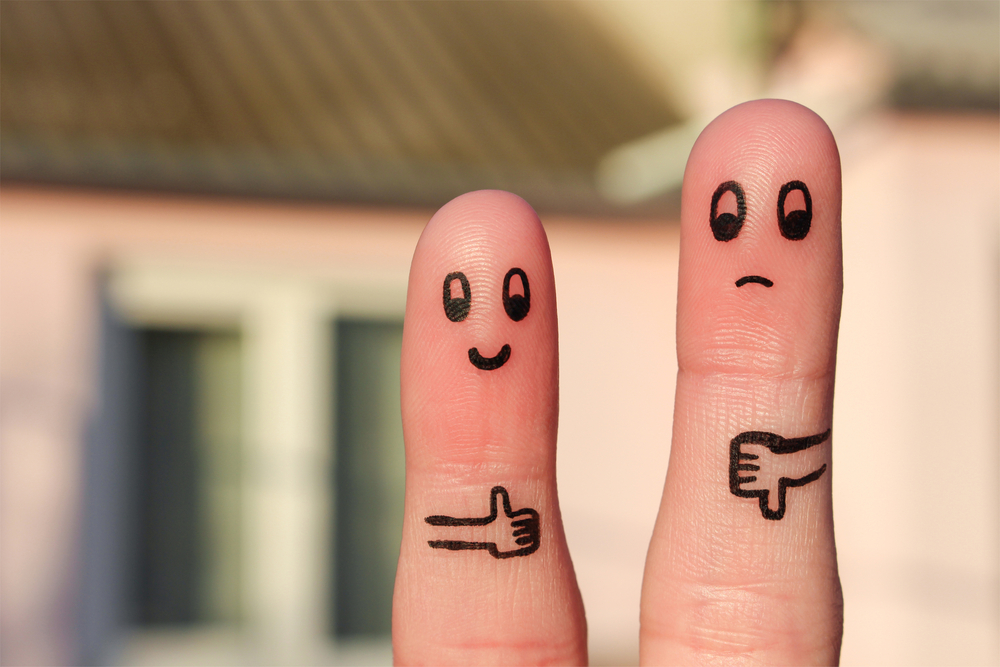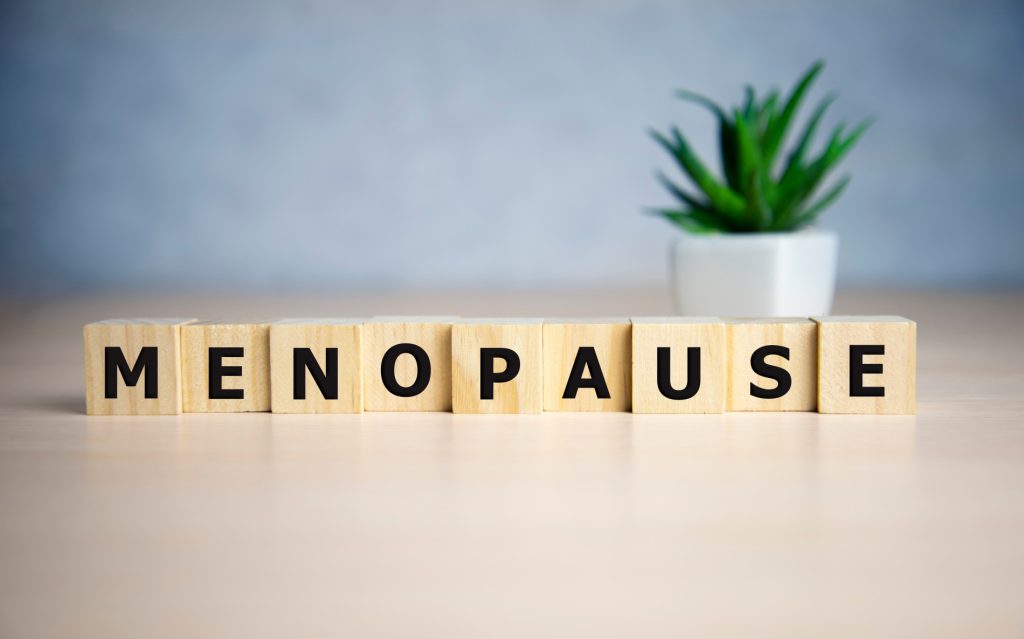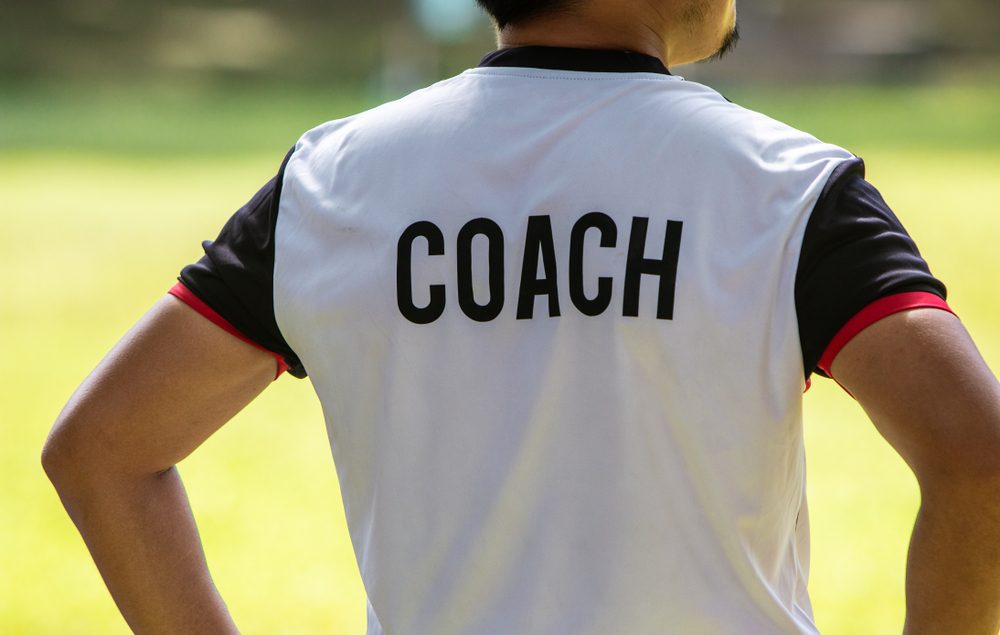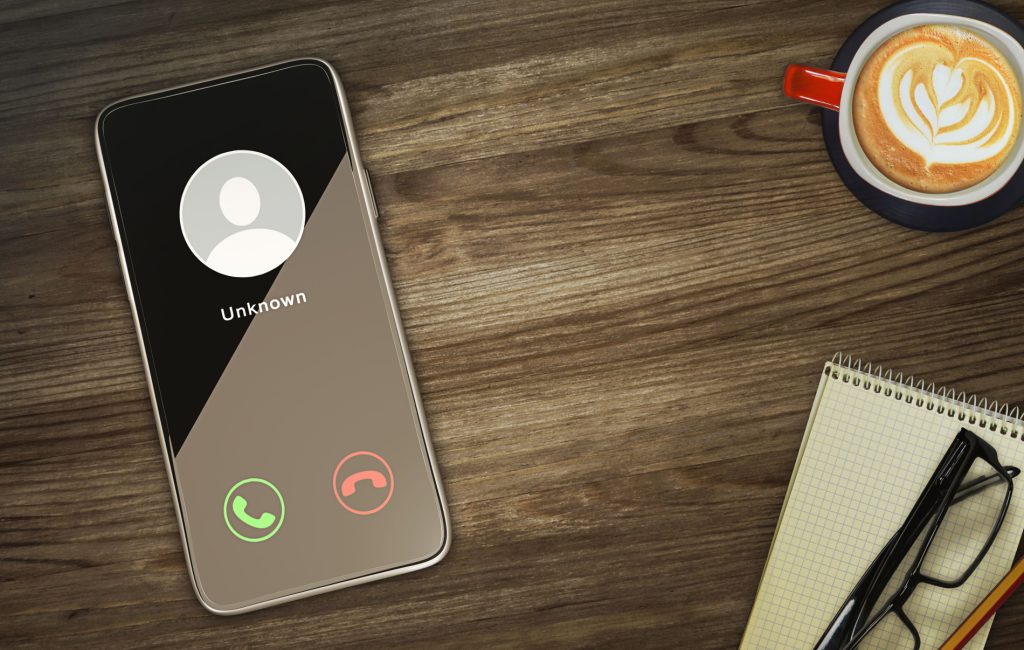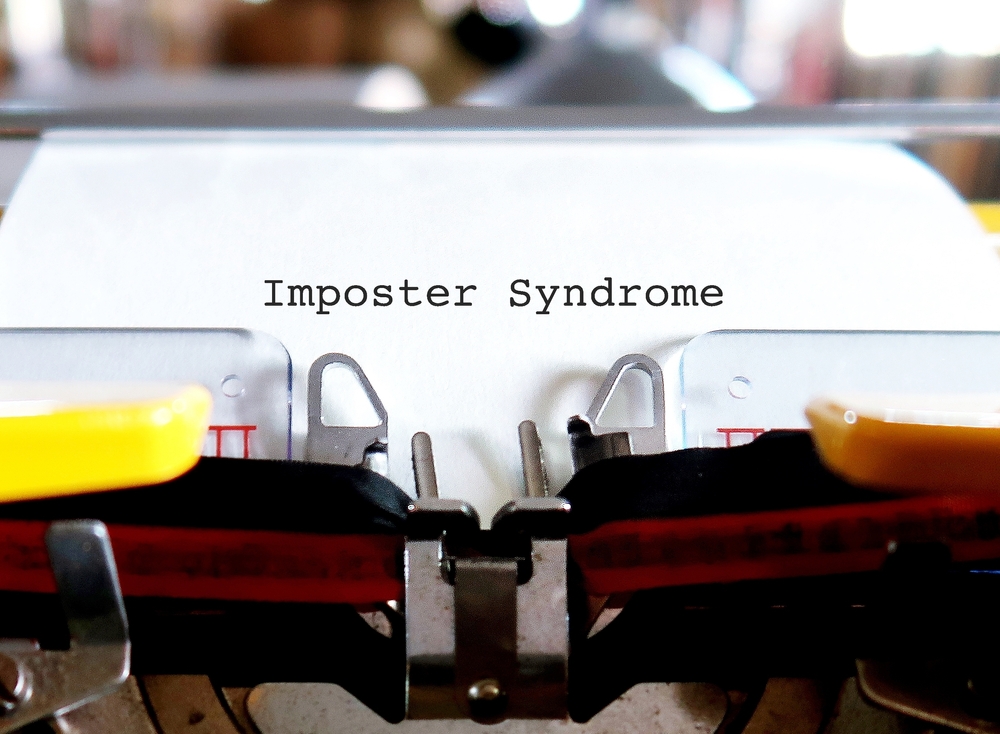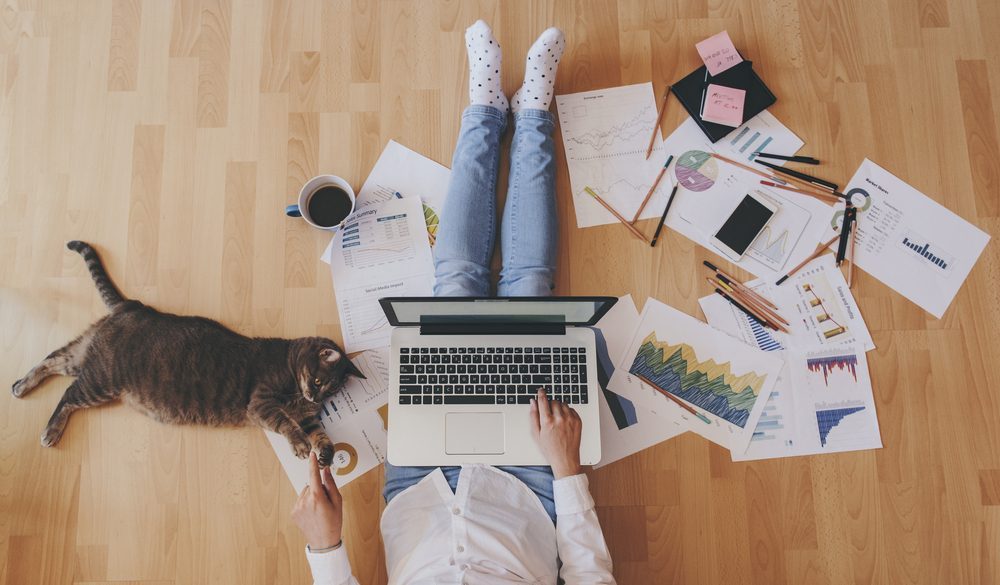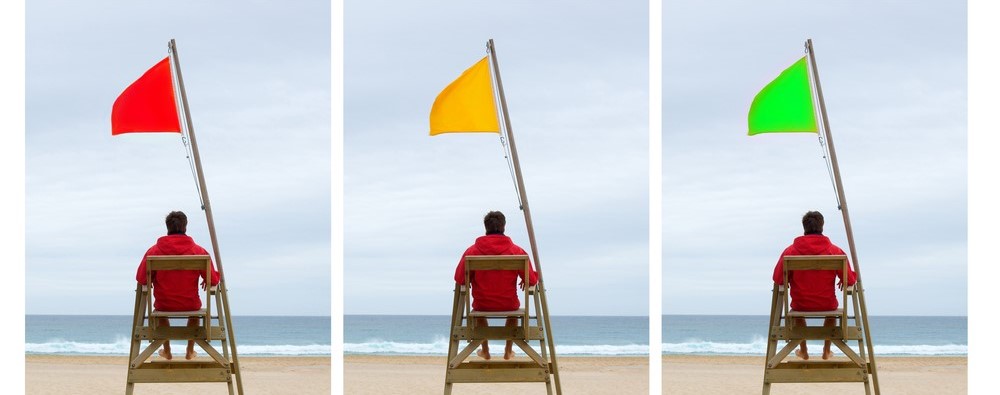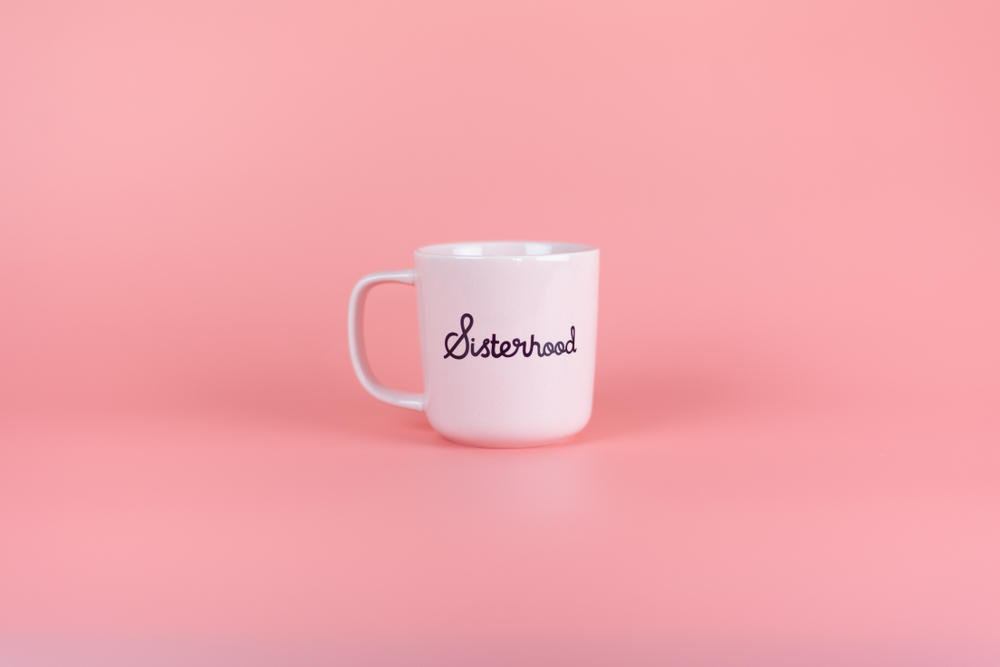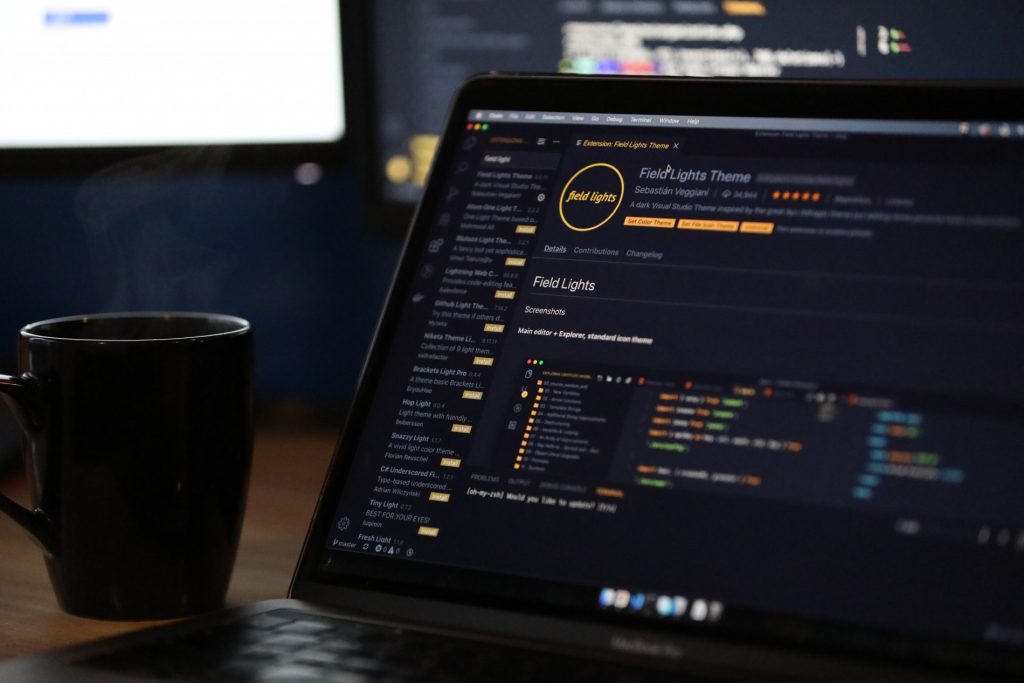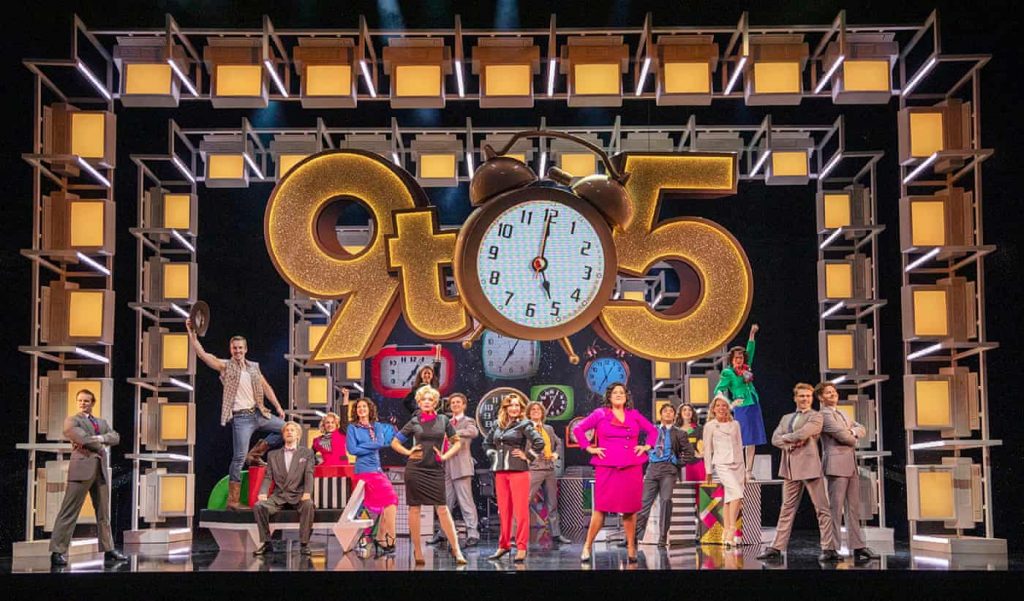Why we shouldn’t be quick to want to forget about 2020
A roundup list of the things we have to learn from the year that was 2020.
2020 you have been a mixed bag have you not? We witnessed the furore of mother nature and only with the air beginning to clear did we suddenly, unexpectedly, find ourselves at the beginning of an event that would shape our year, an event marked in history, unparalleled and with no roadmap. A slippery slope of doubt where we were powerless to what was at stake, confused as to how we arrived at this point and unsettled by the chaos and unpredictability of how it would end.
Would it even end?
It was if suddenly all that we knew to be a normal part of life was no more and we were thrust into this surreal cosmos. Politicians and health experts ordering us to minimise all physical contact, avoid the general public, don’t shake hands, skip social gatherings, work from home, don’t visit the elderly, don’t go to a bar, a restaurant and definitely no dancing. Wash your hands, sing a song, use sanitiser (when you could buy it), clean all surfaces, cancel school assemblies, cancel school, don’t cancel school. Stand in line, but only on your black ducted tape cross. Our personal space became sacred.
And yet, here we are. Not at the end, but rather at the point of acceptance and acknowledgement that we no longer live in a time of where the answers are clear.
This too shall pass they said, and they were mostly right.
It is believed that some of the greatest challenges we face in life can often bring about the greatest change and with hindsight even the possibility of great lessons and so as we end the year I look back on some of these lessons learned.
The status of jobs shifted, and this was a good thing.
On a Tuesday night press conference in early March, when our country began to lockdown, Scott Morrison made a declaration of ‘essential workers’. “Now if you ask me who is an essential worker? Someone who has a job. Everyone who has a job in this economy is an essential worker. Every single job that is being done in our economy with these severe restrictions that are taking place is essential. It can be essential in a service whether it’s a nurse or a doctor or a schoolteacher, or a public servant who is working tonight to ensure that we can get even greater capacity in our Centrelink offices, working until eight o’clock under the new arrangement in the call centres, these are all essential jobs. People are stacking shelves, that is essential.“ Rightly or wrongly, it took a pandemic for us to realise the value of all workers and that prestige does not equate to essential. There was no greater job security offered than stacking shelves at Woolworths and working in customer service at Bunnings. We know that anxiety and stress can manifest in many ways and that became evident when videos of the mistreatment of these workers by the general public went viral. Physical altercations over toilet paper exposed our breaking point, and united in shame we hung our heads. What we discovered though was that all of us, in whatever capacity we work, in the home, outside the home, in paid or unpaid work, deserve respect and 2020 may well be the year that we recognise that a contribution to society can transpire in many contrasting ways.
It also took a period of lockdown for us to see the infinite work that our teachers undertake. Parents all around the country were shocked into a world of curriculum and lesson planning and we were immensely grateful for when school’s reopened that we could hand our children back to the real experts.
That frontline workers are bloody legends.
Held to impossible high standards, our frontline workers – doctors, nurses, medical receptionists, scientists, support workers, mental health workers, exposed and vulnerable, working in high risk environments, long days and unforgiving weeks. No option to work from home, working selflessly and often isolated from friends and family. Super humans they are. Our medical system is frequently judged and scrutinised, but by comparison to what we were seeing around the globe we came to understand that we are enormously fortunate for the system we have.
We transferred and pivoted and found resilience we didn’t know we had.
Flight attendants got jobs at Woolworths, Pilots became bus drivers, hospitality workers became call centre workers. Battered by the lockdowns, restaurants pivoted to takeaway dining, events became webinars, distilleries made hand sanitiser and the ability to adapt was what kept us from becoming unmoored by it all. We found resilience we didn’t know we had, only that we just had to look a bit harder for it and when we did find it, we discovered it could anchor us.
Connections matter the most.
It is said that you often only know the importance of something when you lose it, and in 2020 we surely discovered all the things we took for granted. The day to day interactions and connections we have. Our friends, our colleagues, the baristas at the local café, family, neighbours. All that we were became digital, connected yet disconnected, forced to further embrace technology, we downloaded all the apps and were bemused by the constant cries of ‘you’re on mute’, we participated in happy hour zoom calls because that’s what everyone else was doing but zoom fatigue soon set in and we came to realise that online connections are no match for the physical presence of one another.
That doing something for the common good had to outweigh our own needs and wants.
I turned 50 this year, it was in September and living in Brisbane meant that I was very lucky to be able to celebrate this at a cocktail party with close friends and family. On the morning of the party, a friend (of 40 years no less) rang to say she had a bad head cold. She was desperate to come and knew that with a dose of Panadol she would personally feel well enough, but she wanted to check if this was okay to do so. We tossed it over and over and logically, instinctively we knew the likelihood of having Covid was low, very low. I wanted her there, she wanted to come, but it was not the right thing to do. I told her she couldn’t come to my party and that felt like a shitty thing to do but it was also the right thing to do.
On the 31st of December, our social media feeds will be full of images and messages, bidding good riddance to 2020, collectively we will sigh with relief as the clock ticks over to January. Though when it does we are not immediately immune, literally or figuratively from the virus.
I fear we may well set 2021 to fail if we expect to suddenly be clear from all of this years challenges but perhaps what we will be is wiser, more tolerant and more understanding.
Of ourselves and of each other.
